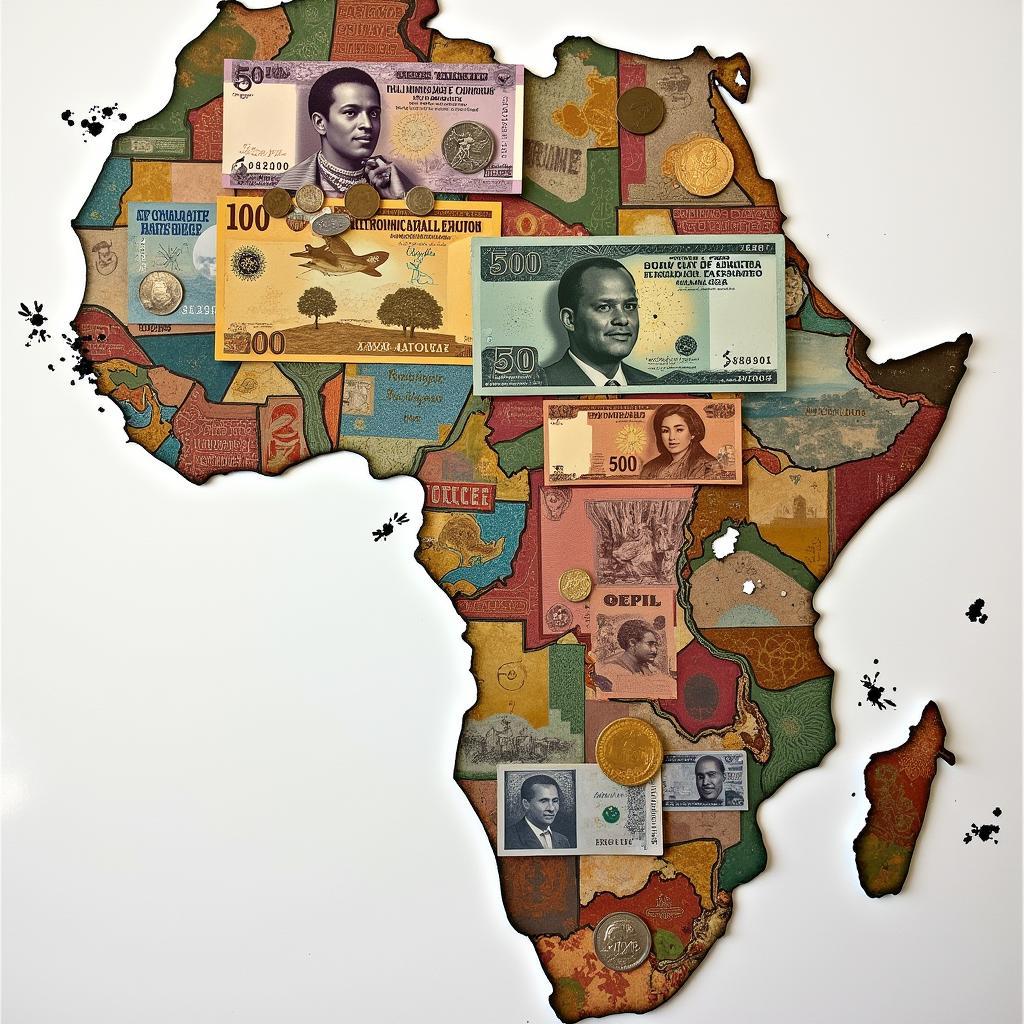The Devastating Legacy of the African Slave Trade
The African Slave Trade, a dark chapter in human history, spanned centuries and irrevocably impacted societies across the globe. This brutal system forcibly removed millions of Africans from their homeland, shattering families, cultures, and entire civilizations. It’s crucial to understand the depth of its impact to truly comprehend its devastating legacy. The trade wasn’t merely about the economic exploitation of human beings; it was a complex web of political machinations, social upheaval, and cultural destruction.
Understanding the Roots of the African Slave Trade
What were the driving forces behind this horrific practice? The demand for labor in the Americas, particularly for sugar cane plantations, fueled the growth of the transatlantic slave trade. European powers, including Portugal, Spain, Britain, France, and the Netherlands, established colonial empires in the Americas and sought cheap labor to maximize their profits. This demand created a lucrative market for enslaved Africans. The slave trade also became entangled with existing power dynamics within Africa itself. Some African kingdoms and societies participated in the trade, exchanging enslaved people for European goods such as guns and textiles. This internal dynamic further complicated the already tragic situation. You can learn more about the facts surrounding the African American slave trade facts.
The Middle Passage: A Journey of Horror
The Middle Passage, the voyage across the Atlantic Ocean, was a harrowing experience for enslaved Africans. Cramped into unsanitary conditions below deck, they faced disease, starvation, and brutal treatment. Millions perished during the treacherous journey, their bodies often thrown overboard. The physical and psychological trauma inflicted during this forced migration left lasting scars on individuals and generations to come.
The Impact of the African Slave Trade on Africa
The consequences of the African slave trade for the continent were catastrophic. The loss of millions of people, primarily young and able-bodied individuals, crippled economies and societies. The trade also fostered conflict and instability, as communities were raided and individuals were captured and sold into slavery. This contributed to the long-term underdevelopment of many African nations. The loss of so many people disrupted social structures, traditions, and cultural practices, the effects of which are still felt today.
The Rise of the Abolitionist Movement
How did the world finally begin to turn against this inhumane system? Public outcry against the horrors of the slave trade eventually led to the rise of the abolitionist movement in Europe and the Americas. Abolitionists campaigned tirelessly for the end of slavery, highlighting its moral depravity and the devastating impact it had on individuals and societies.
The Legacy of Slavery and the Fight for Reparations
While slavery was officially abolished in the 19th century, its legacy continues to shape societies today. The systemic inequalities and racial disparities that exist in many countries are a direct result of the transatlantic slave trade and the centuries of oppression that followed. You can explore more about the African American slave trade history. The conversation around reparations for the descendants of enslaved Africans continues to gain momentum, as individuals and communities seek recognition and redress for the historical injustices they have suffered. Learn more about the millions who were taken from their homeland and 10.7 million Africans who were brought to the americas.
Remembering the Past, Shaping the Future
What lessons can we learn from the African slave trade? The African slave trade serves as a stark reminder of the dangers of greed, prejudice, and the dehumanization of others. It is essential to remember this dark chapter in human history to ensure that such atrocities are never repeated. Education and open dialogue about the slave trade and its lasting impact are crucial for building a more just and equitable future. For further reading on this important topic, you can delve into the specifics of the African American slave trade.
Conclusion
The African slave trade remains a deeply painful and complex subject. Understanding its origins, impact, and lasting legacy is crucial for acknowledging the suffering of millions and working towards a future where such injustices are never repeated. We must continue to learn from this dark chapter in human history and actively work to dismantle the systems of oppression that persist today as a direct result of the African slave trade.
FAQ
- What was the Middle Passage?
- What were the main causes of the African slave trade?
- How did the slave trade impact Africa?
- Who were the abolitionists?
- What is the current discussion around reparations for slavery?
Need further support? Contact us 24/7: Phone: +255768904061, Email: [email protected], Address: Mbarali DC Mawindi, Kangaga, Tanzania.




